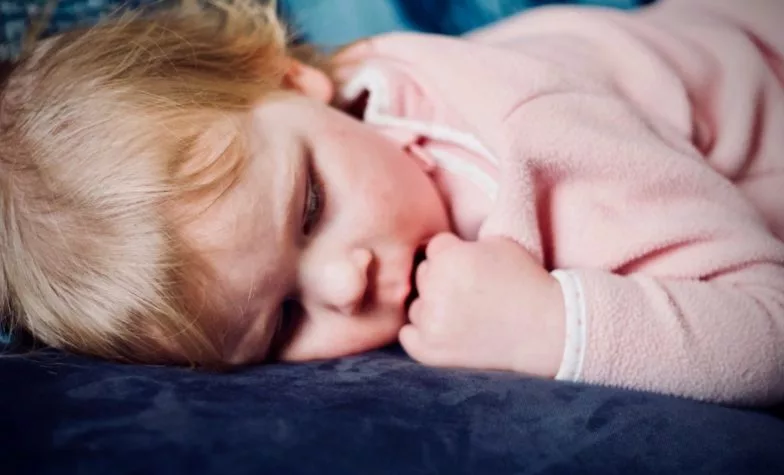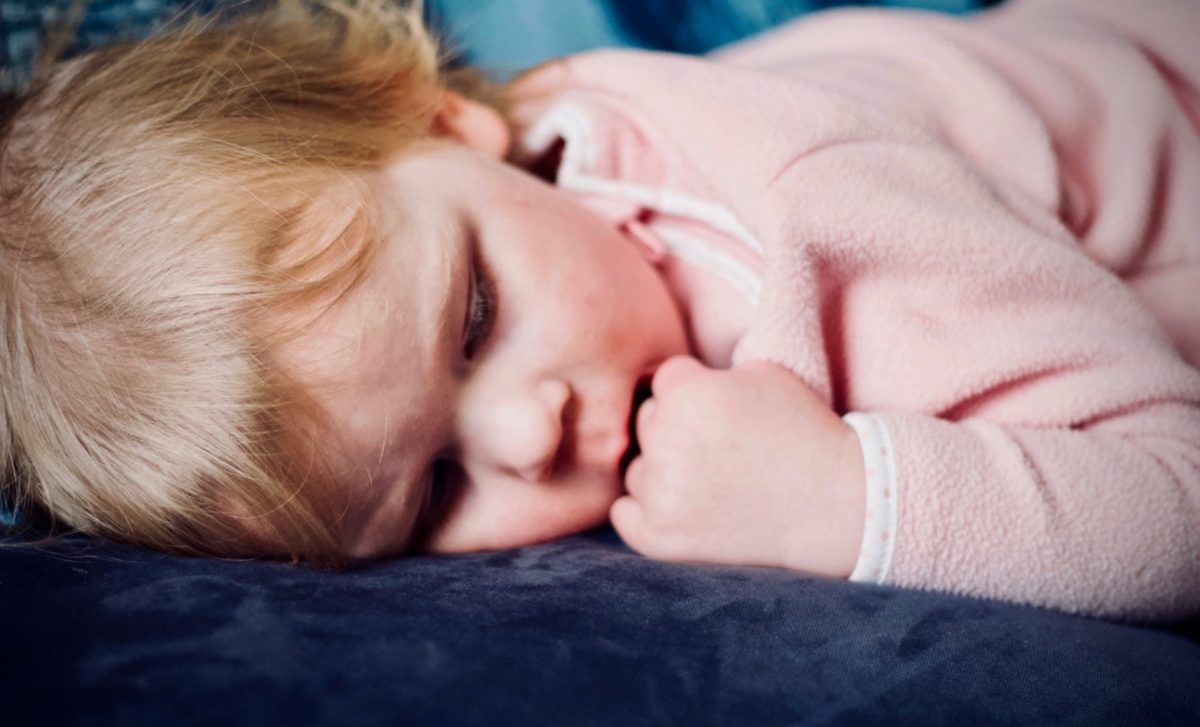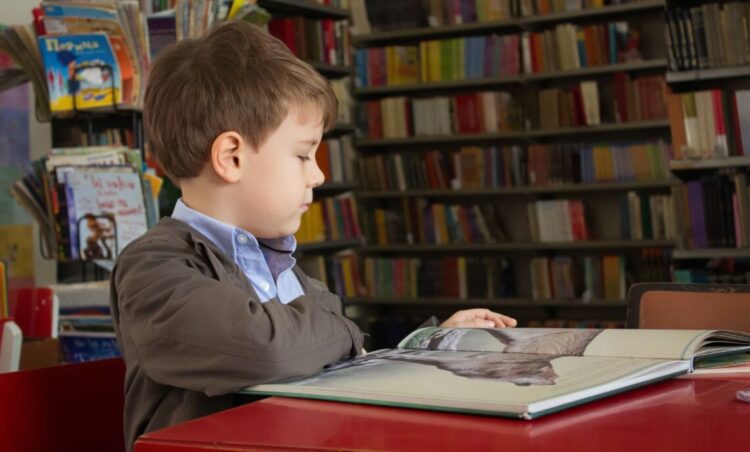Establishing Positive Sleeping Habits


According to the National Sleep Foundation, children aged 3-5 years need around 11-13 hours of sleep each night. In addition, many need to nap during the day, with the length of naps ranging between 1-2 hours a day. These sleeping habits can change over time and, typically, most children stop napping after five years of age.
Experts say that every child is different. Some children will stick with a nap routine from infancy. Others will start refusing to nap when they reach preschool age. The trick is to be consistent, and make sure your child is getting at least of 11 hours of sleep at night, and a nap if needed. Ideally, this sleep pattern will be at the same time everyday, to establish a positive sleeping habits routine.
Why is sleep important for 3-5 year olds?
Sleep is crucial for 3-5 year olds because it:
- Supports physical growth and development.
- Aids cognitive functions like memory and attention.
- Regulates emotions and behaviour.
- Strengthens the immune system.
- Promotes social skills and positive interactions.
- Enhances attention, concentration, and learning.
- Contributes to overall physical health.
Establishing consistent sleep habits early on is vital for lifelong wellbeing.
Do 3-5 year olds need naps?
If your child refuses to nap, don’t worry. Children between the ages of 3-5 years don’t necessarily need a nap every day but they should have predictable and routine downtime. This means a scheduled time at the same point each day for simply resting. Whilst downtime isn’t restorative sleep, activities such as reading a book or listening to music, are important to help your child relax.
How do I help my child get to sleep?
Keeping your child up for longer or later in the evening won’t help your child get to sleep faster or sleep through the night. In fact, often a child who refuses to go to bed or slow down is overtired.
Remember, you have control over when your child goes to bed but not how quickly they fall asleep. If your child is struggling to fall asleep, try giving them a warm bath with essential oils before bed or read them a calm story. This can help them to relax. Avoid exposing your child to screens 1-2 hours before bed. Screen exposure can impact their ability to fall asleep as well as their quality of sleep.
What time should a 3-5 year old go to bed?
On average, toddlers and preschoolers typically need 11-13 hours of sleep per night. To determine an appropriate bedtime, you can consider when your child needs to wake up in the morning and work backward. For example, if your child needs to wake up at 7:00 AM, a bedtime between 7:00 PM and 8:00 PM might be appropriate. Establishing a consistent bedtime routine can be helpful in promoting good sleep habits.
Sleeping through the night
Toddlers and preschoolers have active and vivid imaginations. As a result, it is no surprise they awaken easily during the night from bad dreams or feeling frightened in their own room. Sleep experts recommend making bedtime less stressful for a child, and more manageable for the parent, by ensuring that the child’s night time sleep environment is quiet, calm and free of screens such as a TV or tablet and interactive toys. Children, just like adults, wake up frequently during the night but we have the skill to put ourselves back to sleep whereas children do not. Having stimuli within reach will keep them up if they wake during the night.
Is there a sleep regression at 3.5 years?
At around 3.5 years old, some children may experience a sleep regression characterised by disruptions like bedtime resistance and night waking. This can be due to developmental leaps or changes. To manage:
- Stick to Routine: Maintain a consistent bedtime routine.
- Comfortable Environment: Ensure a comfortable sleep space.
- Address Anxiety: Provide reassurance for new fears.
- Encourage Independence: Foster self-soothing skills.
- Be Patient: Recognise regressions are temporary; consistency is key.
Sleeping Habits and overall wellbeing
At Only About Children, we understand how important sleep is to the overall wellbeing, growth and development of every child, which is why we are partnered with Safe Sleep Space. More sleeping resources for your child can be found on the Safe Sleep Space website.
For another great article see: Understanding Baby Sleep Patterns.
Only About Children can help your child to grow, make friends and explore the world.
Only About Children can help your child to grow, make friends and explore the world.
Related Reads


Advice For Selecting The Best Primary School For Your Child
Starting school for the first time is a huge moment in the life of your child, but also for you and your family! Finding the school that is the right fit for your family can be the first hurdle in this process. Here are some helpful tips to ensure that you choose the school that is the right one for you and your child:

The 5 Biggest Changes Starting “Big School”
The change from a prior to school setting to a primary school setting can be daunting and take some getting used to in the early weeks and months of your child starting. Here are some of the 5 biggest changes to expect when moving to primary school
